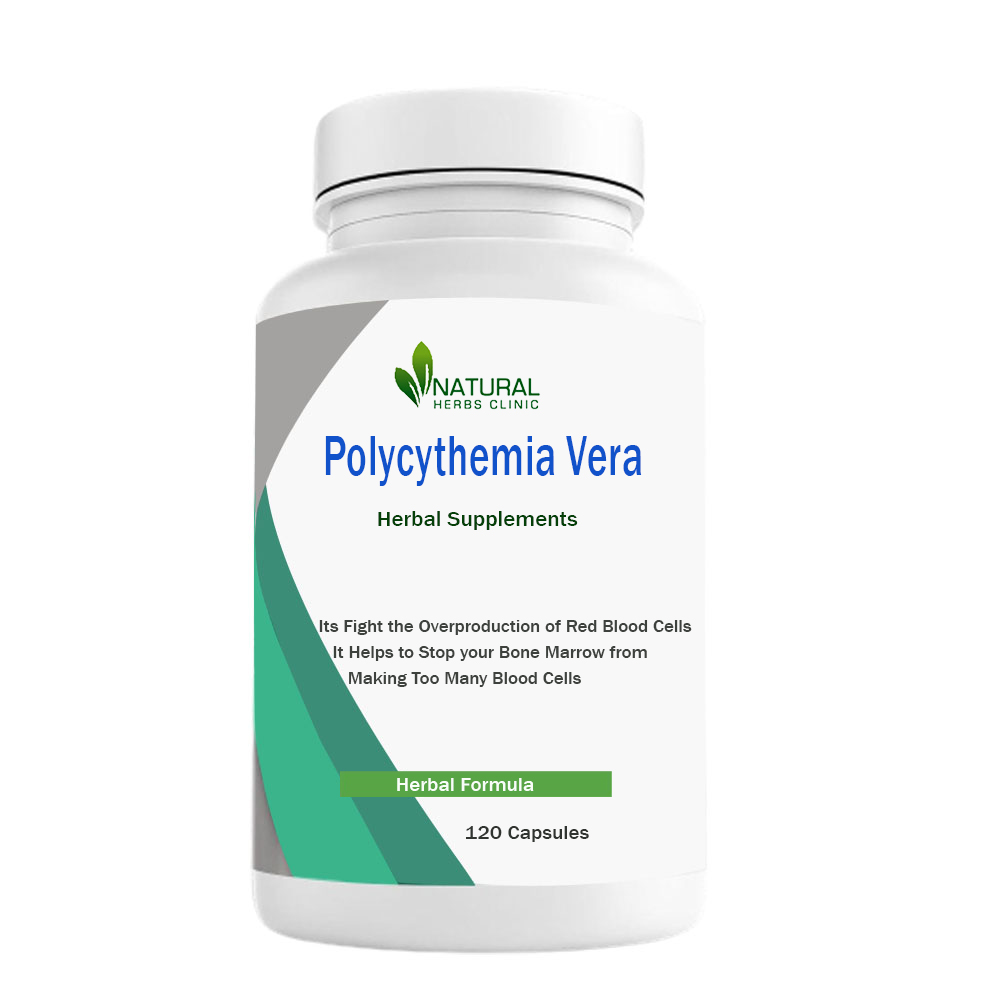The Treatment for Polycythemia Vera Can Include
The treatment for polycythemia vera, a rare blood disorder, can involve therapeutic phlebotomy (blood removal) to reduce blood thickness and medications like hydroxyurea to control red blood cell production.

Polycythemia vera (PV) is a rare blood disorder characterized by the overproduction of red blood cells in the bone marrow. While there is no cure for PV, various treatment options can effectively manage the condition and reduce the risk of complications. In this article, we will explore the different Treatment for Polycythemia Vera and discuss how they can improve the quality of life for individuals diagnosed with this condition.
Introduction
Polycythemia vera is a chronic myeloproliferative neoplasm, a type of blood cancer that primarily affects the bone marrow. It is caused by a mutation in the JAK2 gene, which leads to the excessive production of red blood cells. The increased number of red blood cells can cause thickening of the blood and lead to complications such as blood clots, bleeding, and organ damage.
Understanding Polycythemia Vera
Before delving into the treatment options, it is essential to have a basic understanding of Polycythemia Vera Natural Treatment. The condition typically affects individuals over the age of 40, and its exact cause is still unknown. However, certain risk factors, such as a family history of PV or a previous mutation in the JAK2 gene, may increase the likelihood of developing the disease.
Symptoms and Diagnosis of Polycythemia Vera
Polycythemia vera often presents with a range of symptoms, including fatigue, weakness, headaches, dizziness, and itchiness after a warm shower. Other common signs may include enlarged spleen, redness of the face, and a bluish tinge to the skin. To diagnose PV, a series of tests are conducted, including a complete blood count (CBC), genetic testing, and bone marrow biopsy.
Treatment Options for Polycythemia Vera
The treatment for polycythemia vera aims to reduce the number of red blood cells and alleviate the associated symptoms and complications. The primary treatment modalities include:
Phlebotomy
Phlebotomy, also known as venesection, involves the removal of blood from the body to reduce the overall red blood cell count. This procedure helps in maintaining the hematocrit level within a normal range. Phlebotomy is typically performed at regular intervals until the desired blood counts are achieved.
Medications
Medications are commonly used to manage polycythemia vera and its symptoms. The most commonly prescribed Natural Treatments for Polycythemia Vera, which helps in reducing the production of red blood cells, and aspirin, which helps prevent blood clot formation.
Radiation Therapy
In some cases, radiation therapy may be used to target an enlarged spleen in polycythemia vera patients. This treatment approach helps in reducing spleen size and improving symptoms such as pain or early satiety.
Promising Research and Future Directions
Medical research is continually exploring new treatment options and strategies for polycythemia vera. Clinical trials are underway to evaluate targeted therapies and novel medications that may provide additional Treatment for Polycythemia Vera options in the future. Advancements in genetic testing and personalized medicine are also offering hope for improved outcomes.
Conclusion
Although Natural Cure for Polycythemia Vera, effective Treatment for Polycythemia Vera options are available to manage the condition and improve the quality of life for individuals diagnosed with it. Phlebotomy, medications, radiation therapy, bone marrow transplantation, lifestyle changes, and supportive care measures all play crucial roles in the management of polycythemia vera. Regular monitoring, self-management, and emotional support are equally important in navigating life with this condition.
FAQs
What causes polycythemia vera?
Polycythemia vera is caused by a mutation in the JAK2 gene, which leads to the overproduction of red blood cells.
Can polycythemia vera be cured?
Currently, there is no cure for polycythemia vera. However, treatment options can effectively manage the condition and improve symptoms.
Can polycythemia vera lead to other health problems?
Yes, polycythemia vera can lead to complications such as blood clots, bleeding, enlarged spleen, and gout. Regular monitoring and appropriate management are essential to minimize these risks.
Is polycythemia vera hereditary?
While most cases of polycythemia vera are not inherited, there is a small percentage of cases that may have a familial predisposition.
Can lifestyle changes help manage polycythemia vera?
Yes, adopting a healthy lifestyle, including staying well-hydrated, maintaining a healthy weight, avoiding smoking, and engaging in regular exercise, can help manage polycythemia vera and improve overall well-being.
What's Your Reaction?


















